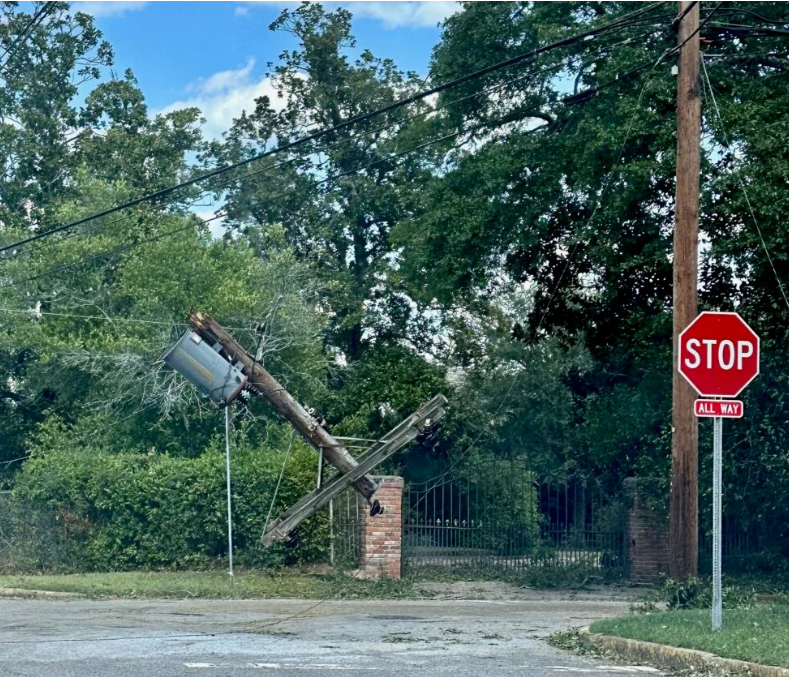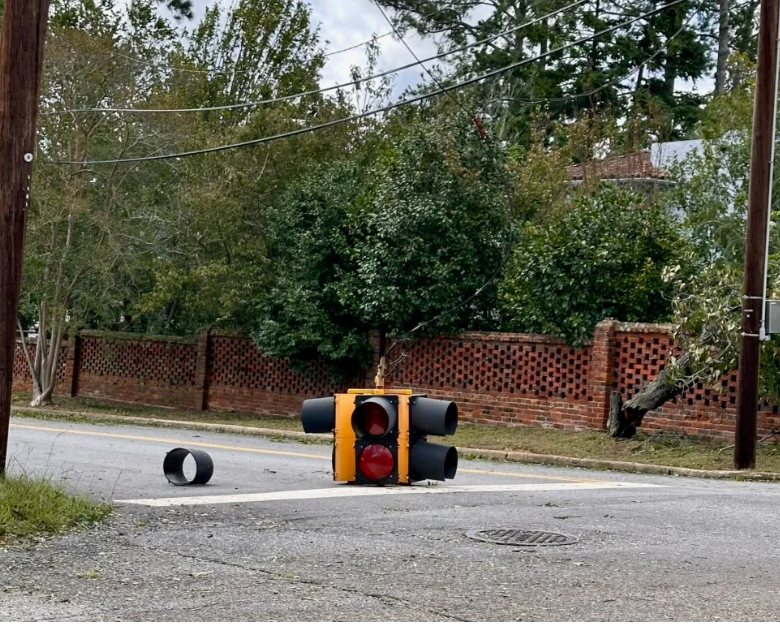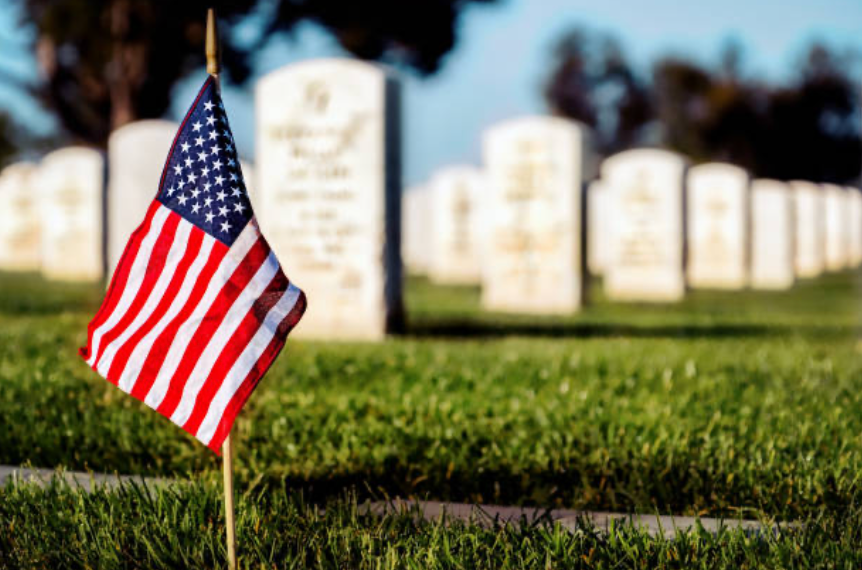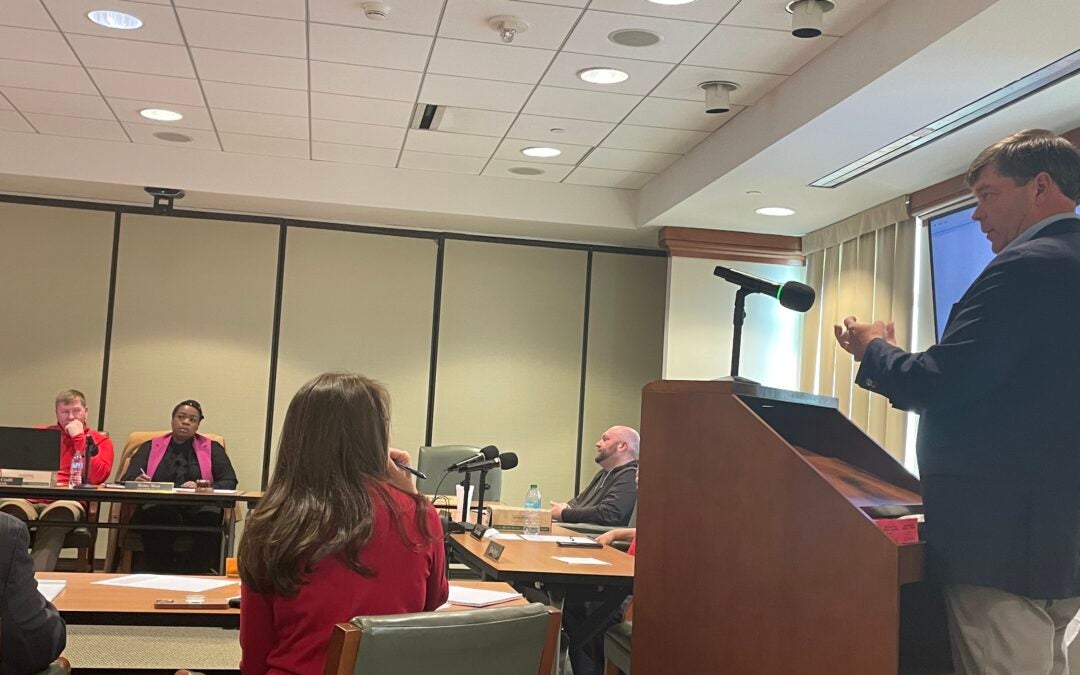The CSRA has weathered another couple of days worth of steady rain after last week’s deluges brought back unsettling memories of Hurricane Helene that wreaked devastation last September, of which many residents are still recovering.
Today, all over the CSRA are reminders of a community largely caught off guard because an actual hurricane moving over Augusta was something that had not happened in the Garden City since before reliable records were kept and that is well over 150 years.
Amid the heavy pop-up storms hitting the CSRA this week was also the official start of the Atlantic hurricane season observed this past Sunday.
While this past week’s storms did not, in any way, reach the levels of destruction as Helene, they did serve as a reminder that everyone needs to be prepared for unforeseen weather events.
Hurricane Helene may have seemed like a once in a lifetime event, but Augusta and the surrounding areas routinely get the aftermath of major hurricanes hitting the East coast and even Florida. Most of the time, it comes in the form of heavy rain, but as we have learned, the wind that accompanies the rain can cause mayhem.
John Quagliariello, a forecaster with the National Weather Service in Columbia says it is being too simplistic to blame climate change, man made or otherwise, when a storm veers off its projected path or comes further inland than expected.
Quagliariello notes that his office has seen hurricane-force winds occur as far inland as Charlotte, N.C.
“The frequency is cyclical, but there are so many variables to take into account, just one seemingly minor change can alter the course or severity of a storm. The best policy is to always be prepared for the worst,” Quagliariello said.
Make a “storm prep kit”
Hurricane Helene took out power for the better part of a month for some areas of the CSRA. Even in areas where the power lines are shielded by being installed underground, the entire system relies on above ground transformers and other relay equipment miles away that could be affected by heavy winds and fallen trees.

Candles are the natural “go to” when it comes to starting a weather preparedness kit, but are not necessarily the best option, especially if the power fails for days.
A much better option is to purchase propane lanterns commonly used in camping. A propane tank will last far longer than candles and will not cause a fire if accidentally knocked over.
Coleman and others also offer cheap and reliable propane stove tops for cooking.
Other items to include in the kit are gallon jugs of bottled water, lighters or matches, a manual can opener, extra batteries, flashlights and either a battery driven or hand-cranked radio.
Every household should already have a first aid kit, but during a storm may be the time when you need it most. Make sure that the kit has plenty of bandages, gauze, antiseptic wipes, and pain relievers. Pre-packaged first aid kits retail from $12.99 to $39.99 and are available at most pharmacies or outdoor sports retailers.

You can forget the Keurig if the power goes out. For those that need a good cup of joe to get the day started, they might want to add a non-electric coffee maker to their emergency preparedness kit. Most non-electric coffee makers still need a heat source for the water, but if a propane stove top is already in the kit, then there is no need to worry.
Non-electric coffee makers retail between $19.99 and $86.99, depending whether it is the pour over or percolator styles. For coffee “snobs,” even non-electric espresso makers are available. Keep in mind whether you have candles or a propane source, you still need a lighter or matches, it is always the small details we tend to miss!
The Federal Emergency Management Agency (FEMA) suggests families also have an “emergency financial first aid kit.” FEMA’s kit is available for free by calling 800-480–2520 and asking for publication number P-1075. It is also available as a free download online at www.ready.gov/financialpreparedness and at www.operationhope.org.
Get the kids involved
Young children and pets are generally the ones most affected by violent storms. Benadryl or products containing CBD formulated for pets help calm skittish pets, and also work well during neighborhood fireworks displays.
For kids, making them a part of storm preparedness can help ease the anxiety and give them a sense of control. According to the University of Florida Institute for Food and Agriculture Sciences (IFAS), a special backpack or cabinet space in the house can be used to hold the “kid’s kit.”
Placing the kit in a backpack works best if the family is forced to evacuate to a safer location.
The IFAS recommends having the younger kids select board games, crayons, coloring books, puzzles and brain-teaser books to go into the Kid’s kit. Adding in packs of raisins or other dried fruit can be an extra little “goodie” added in to keep the kids occupied and less fearful when the lights go out.
Older kids can help as well.
Wind is generally the most dangerous aspect of a storm. A benign piece of outdoor pottery can become hazardous shrapnel in heavy wind.
Older kids can take part in family preparation by conducting a “sweep” of the outdoor area, moving inside items that could get tossed about by the wind, such as lawn furniture, planters and trash cans.
Of course, it is always a good policy to check up behind a teenager, just in case.
Scott Hudson is the Senior Investigative Reporter, Editorial Page Editor and weekly columnist for The Augusta Press. Reach him at scott@theaugustapress.com












